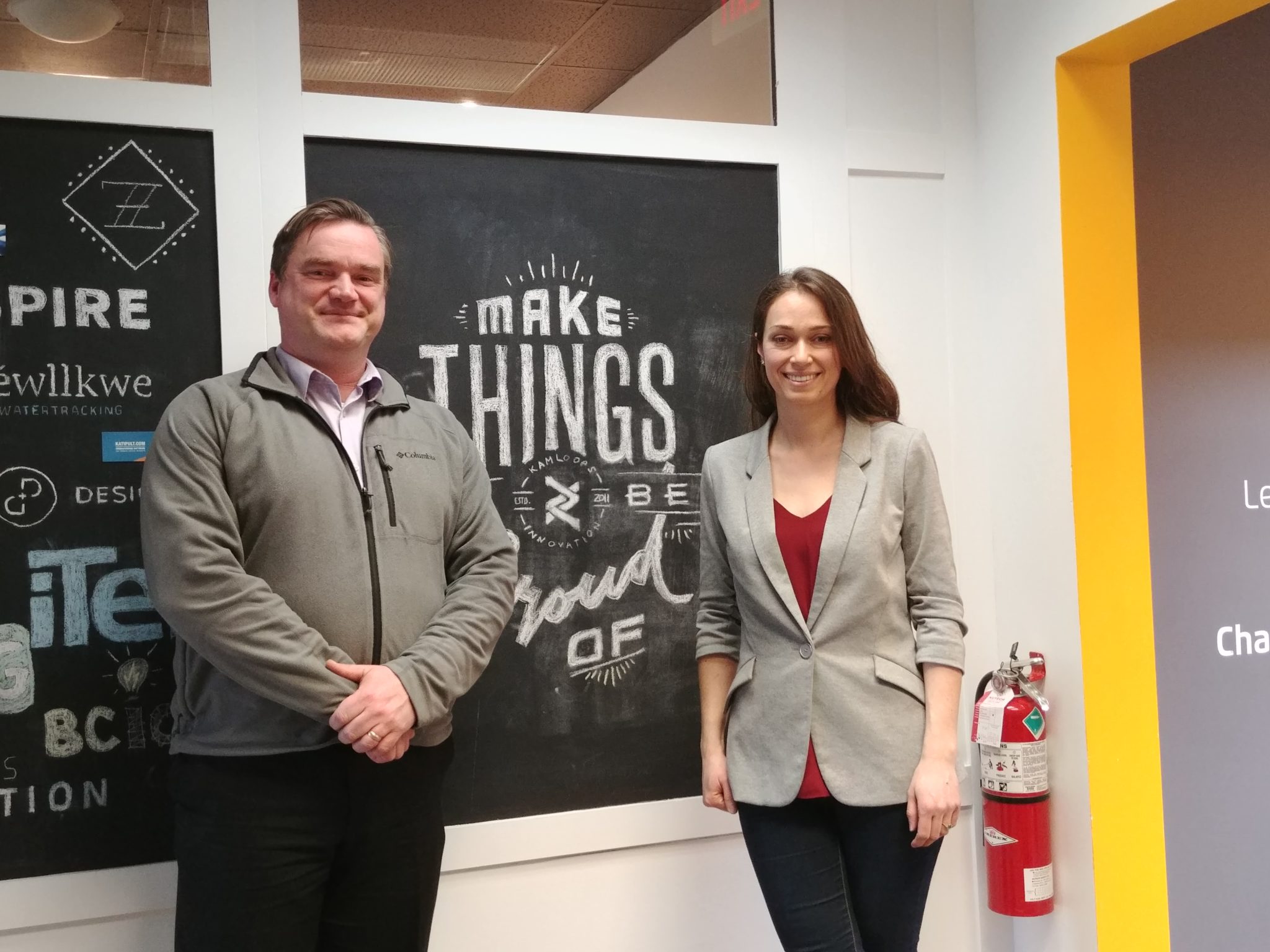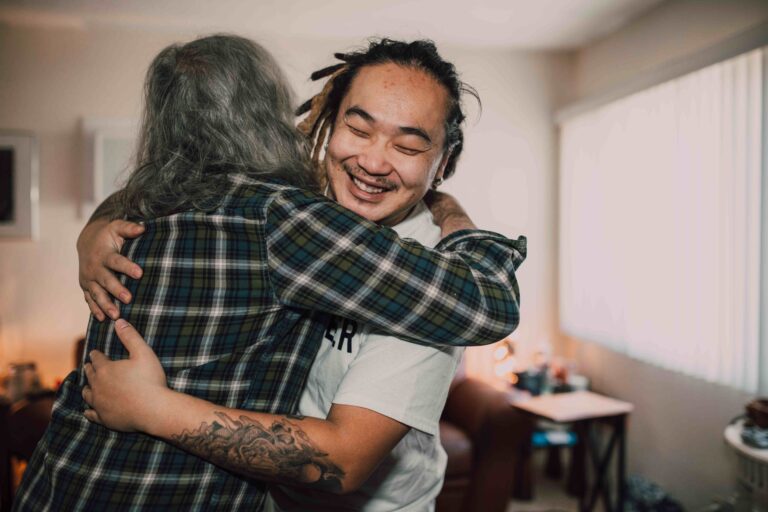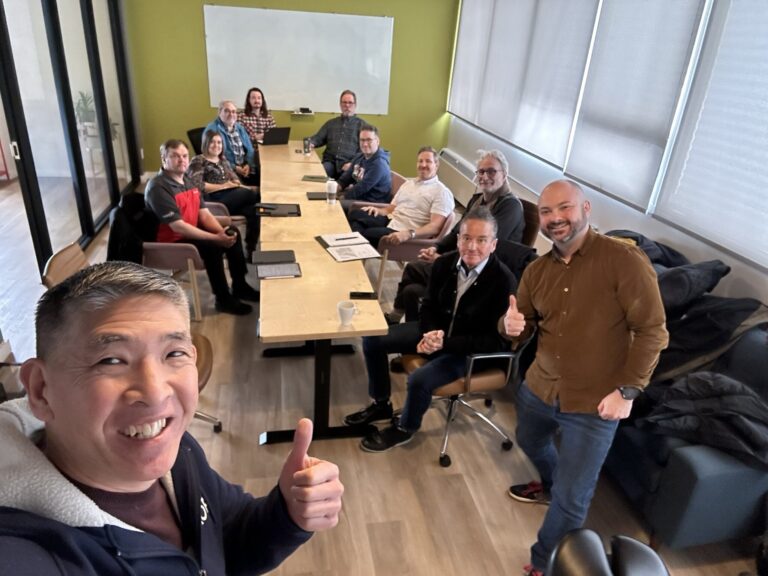
25 March 2019
Reframe Spotlight Part II: Expandwell Homes
In part two of a spotlight series on the 2018 Reframe Housing Competition winners, we’re featuring Expandwell Home Inc. Earlier this month, Urban Matters’ Social Venture Developer, Jerome Lengkeek visited Expandwell’s founder, Meagan Strong, in Kamloops, BC to learn what she’s been up to since the competition last November.
Strong was a competitor in last fall’s Reframe Competition and took home $2500 in prize money in the “idea space” category (read about other winners here). For Strong, the competition was “an opportunity to make contacts that would help her take ‘pop-up houses’ in the right direction.” The potential to win prize money was another reason she entered the competition: “the prize money was a draw, of course – all my prototype components have been self-funded, so having some financial help was great.” Strong explained she will “spend the prize money on linear actuators and other mechanical components which will make the parts of the house move.”
Bringing innovative structures to life
Strong is interested in hybrid models of housing and has been experimenting with prototypes to bring innovative structures to life. By merging aspects of a small cabin with features of an RV, she’s created a prototype for a transportable, expandable shelter: a pop-up house that can be assembled onsite, with minimal effort. Even better, it has a wide range of possible uses.
From recreational use to emergency response
Initially, Strong developed the pop-up house concept for the recreational market. She was thinking of it as a low stress cabin alternative that could be shipped to boat-access only locations, or used like an RV. But, like many great ideas, the concept has sparked ideas for other uses and Strong was approached by people interested in her concept as a shelter option for disaster relief.
As she continues to develop and refine her prototype, she’s imagining a second model specifically suited to providing shelter to people in disaster or emergency situations. A structure that requires a bit of assembly on site could bring down costs and could bring neighbours together to support one another. Strong explained how this might work,
“I love the idea of the house/cabin being assembled by the community on-site because I think one of the major challenges in supplying housing after a disaster is timing. Shipping a unit that is not fully finished but has parts and instructions would allow for faster production and lower costs.”
Expanding community connections
One of the goals of the Reframe Competition was to bring housing innovators into conversation with one another. As one of three winners from Kamloops, Strong is among friends in the housing innovation world. She’s also found a community at the Kamloops Innovation Centre (KIC), a start-up hub that provides coworking spaces, a community of entrepreneurial minded people, and resources for emerging businesses.
Strong told us that her time at KIC has helped Strong build a sense of connectedness to Kamloops:
“I can sometimes feel pretty alone in this venture – I’ve had some struggles – and it’s great to feel that I have some people on my side. There’s always a place I can go if I need and a really nice sense of community. I also like that the Kamloops Innovation Centre ties me to the larger community in Kamloops.”
Strong’s vision for alternative models of housing is exactly the kind of vision the Reframe Competition was looking for. The competition was an invitation for housing innovators to present their prototypes, business plans, or fully built structures as possibilities for the future of housing. The Reframe funding will support Strong as she continues to develop and refine her prototype.
More about the Reframe Competition and Urban Matters as a Community Contribution Company
The Reframe Housing Competition is a collaboration between the BC Non-Profit Housing Association (BCNHPA) and Urban Matters CCC. The competition was funded by Urban Matters CCC’s 2017 community contribution. As a Community Contribution Company, Urban Matters invests 60% of its profits into community initiatives.




